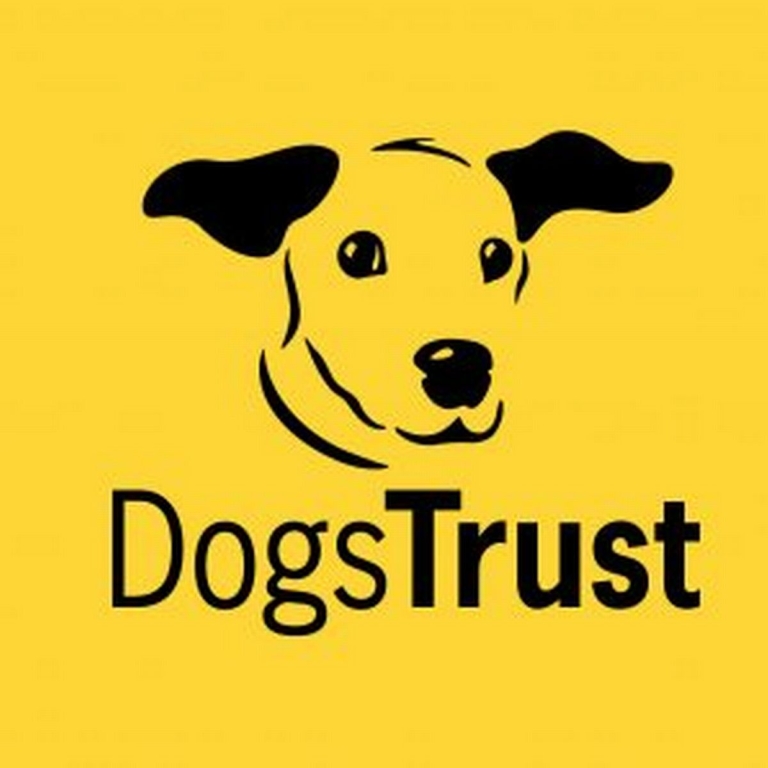
Dogs Trust logo
“No Place For These Cruel Devices In Modern Dog Training” - Shock Collar Ban Hailed As Step In The Right Direction For Dog Welfare By Dogs Trust
Dogs Trust, the UK’s leading dog welfare charity, has welcomed Defra’s announcement that the use of hand-held shock collars will be prohibited in England from February 2024
Electric Shock Collars are used by some to train dogs by punishing unwanted behaviours through the application of a shock to the dog’s neck. To change unwanted behaviour, the shock administered by electric shock collars needs to be strong enough for the dog to feel pain and be fearful of feeling that pain again. Research has shown that instead of improving behaviour, the use of such devices can actually risk causing further problems.
This step forward in dog welfare will mean that both England and Wales have a similar ban on hand-held electric shock collars, with a ban in place in Wales since 2010 which additionally covers all electronic collars and containment fence systems.The Scottish Government has stopped short of introducing a ban, instead introducing guidance in 2018 condemning the use of shock collars. However, the Scottish Animal Welfare Commission has recently recommended that the use of electronic collars for the training of animals in Scotland should be prohibited. InNorthern Ireland, the Code of Practice for dogs advises against the use of aversive training methods such as electronic, spray and prong collars.
While Dogs Trust welcomes Defra’s ban on Electric Shock Collars, the charity, which cares for around 14,000 dogs each year using reward-based training methods, had hoped to see the proposed regulation go even further to include a ban on the sale and distribution of electric shock collars, and the use of electric shock containment systems and other aversive training devices.
Studies have shown that the use of devices such as electric shock collars and electric containment systems have serious impact on the welfare of dogs. This includes behavioural and physiological signs of distress and the exacerbation of, or development of new, unwanted behaviours. Robust research evidence shows that such techniques are not needed; positive reinforcement is effective at changing behaviour.
The use of shock collars also requires the dog to associate the shock with their unwanted behaviour. Creating fear in this way risks numerous negative consequences for the dog and owner. Dogs may associate the pain with other things in their environment, such as other dogs or people, and learn to avoid or be aggressive towards these.
- Dogs may not associate the shock with anything specific and become anxious about the wider situation where the collar is used. They may avoid going for walks at all, be very inactive on walks, or stick close to their owner through anxiety.
- Dogs can become aggressive towards, or avoidant of, their owners either in immediate response to the pain, or to avoid further shocks (for example when the collar is put on).
- Where the shock is used in situations where dogs are already anxious (e.g. for barking or lunging), this is likely to increase anxiety potentially leading to more extreme or different unwanted behaviours.
- Collar use can cause physical injury to the dog
Dr Rachel Casey, PhD FRCVS, RCVS Specialist in Veterinary Behavioural Medicine and Director of Canine Behaviour & Research at Dogs Trust, says:
“We welcome today’s announcement from Defra that hand-held electric shock collars are to be banned in England. It is both unnecessary and cruel to use these collars on dogs.
“Research has shown that electric shock collars negatively impact dog welfare and instead of improving behaviour, risk causing further behaviour problems. Worse still, they can be a mechanism for abuse if used in anger.
“We care for over 14,000 dogs every year, many of whom work with our team of qualified behaviourists, and we know that positive reward-based methods are as effective without causing harm to dogs.
“I will never forget coming across a little terrier when out on a walk, with no owner in sight. He was crouched down, shaking and screaming repeatedly as his e-collar was activated again and again.
“We ask Defra to look again at banning the sale of electric dog collars and banning other aversive training devices such as electric shock containment systems. There is no place or need for these cruel devices in modern dog training.”
More from Dogs Trust
- New Animal Welfare Strategy positive step forward, but still more to do, says Dogs Trust
- Beware of the red flags – WARNING for anyone looking to buy a pet online this Christmas
- "A victory for compassion”: Puppy Smuggling Bill to become law
- As freezing weather hits the UK, Dogs Trust warns owners to wipe pooches’ paws after walks to avoid illness
- Majority of Brits say ‘Enough’ to Firework Fright – Dogs Trust research shows two-thirds of Brits want tighter controls on fireworks

 3 years ago
3 years ago  3216 views
3216 views